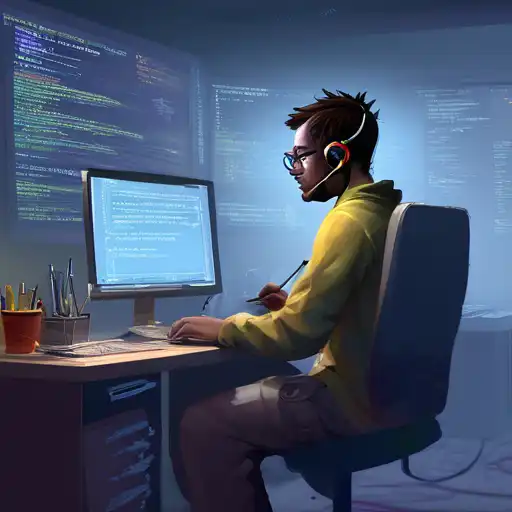Introduction to Debugging for New Programmers
Debugging is an essential skill for any programmer, especially for those just starting out. It involves identifying and resolving errors or bugs in your code that prevent it from running correctly. This article will provide you with essential debugging tips to help you become more efficient and confident in your coding journey.
Understand the Error Messages
One of the first steps in debugging is to understand the error messages your development environment throws at you. These messages are designed to help you pinpoint where the problem lies. Take the time to read them carefully and research any terms or codes you don't understand.
Use a Systematic Approach
Debugging can be overwhelming if you don't have a strategy. Start by isolating the problem. Break down your code into smaller sections and test each one individually. This methodical approach can help you identify the exact location of the bug more efficiently.
Leverage Debugging Tools
Most integrated development environments (IDEs) come with built-in debugging tools. These tools allow you to step through your code line by line, inspect variables, and see the flow of execution. Familiarizing yourself with these tools can significantly speed up your debugging process.
Practice Rubber Duck Debugging
Rubber duck debugging is a technique where you explain your code, line by line, to an inanimate object (like a rubber duck). This process forces you to slow down and think through your code logically, often leading you to discover the bug on your own.
Write Test Cases
Writing test cases for your code can help you catch bugs early. By defining what your code should do in various scenarios, you can quickly identify when it doesn't behave as expected. This proactive approach can save you time in the long run.
Seek Help When Needed
Don't be afraid to ask for help when you're stuck. Online forums, coding communities, and even colleagues can offer fresh perspectives and solutions you might not have considered. Remember, every programmer has been where you are at some point.
Keep Learning and Practicing
Debugging is a skill that improves with practice. The more you code and encounter bugs, the better you'll become at identifying and fixing them. Keep challenging yourself with new projects and don't get discouraged by mistakes—they're just opportunities to learn.
Conclusion
Debugging is a critical part of programming that can be mastered with patience and practice. By understanding error messages, using a systematic approach, leveraging tools, and seeking help when needed, you'll become more proficient at debugging. Remember, every bug you fix makes you a better programmer. For more coding tips, check out our coding tips section.
